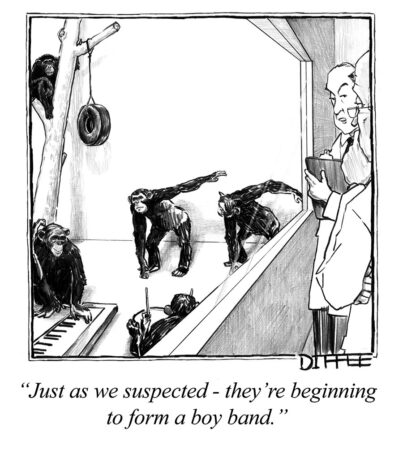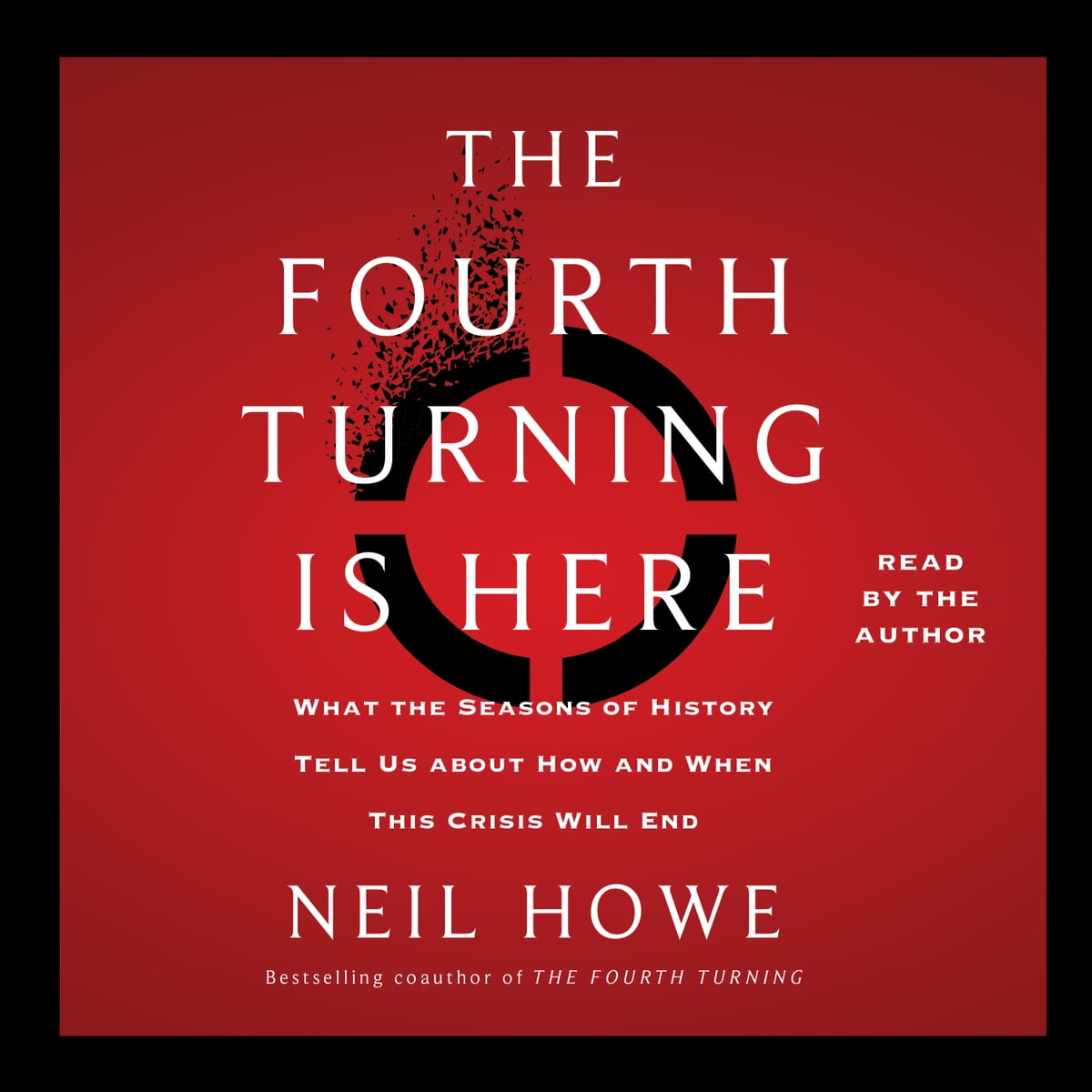“Because justification by faith alone is true, it is possible for someone who is screwed up on justification (in his theology) to be actually saved. And because justification by faith alone is true, it is possible for someone with an orthodox theology on the subject to be actually looking at his correct theology instead of to Christ alone, and so he is lost.”
The Most August of August Letters
Letter to the Editor: Proverbs 20:29 The glory of young men is their strength: And the beauty of old men is the grey head. Amen. Young men are strong, but don't know what they're ...
In Which I Decline to Gilder the Lily
Introduction: Not only are we in the thick of a crisis, it is a crisis that is largely driven by human choices, reactions, personalities, and various other things that contribute to all our societal ...
Discuss Among Yourselves
“What is regeneration? That is an existential and experimental reality. God takes away a heart of stone and replaces it with a heart of flesh. Now, when does regeneration occur? According to the traditional ordo . . . regeneration is first, then repentance, then faith, then justification. Imputation arrives with justification. What is the righteousness that this new heart has, both experientially and practically? It is an infused righteousness. Regeneration is not imputed, right? Regeneration is a change of heart, from an unrighteous heart that hates God to a righteous (but still imperfect) heart that loves Him, repents of sin, and believes in Him . . . At the end of the day, this means . . . infused righteousness as the instrument of imputed righteousness.”
All the Signs are There

Like With a Gun to My Head
“We don’t have to choose. High Church Puritanism is possible and highly desirable. But if you make me choose, I prefer the Ringling Brothers tent of Evangelicalism to the marble mausoleum of Rome.”
Although Some May Have Abstained
“Not only do confessional Protestants have to make their peace with revivalism, the kind of movement to which they generally object, they also have to make their peace with genuine movements of the Holy Spirit, which can be far more troublesome. In the revivalist stream, the institutional Church often suffers at the hands of nut jobs, and they come and punch holes in the wineskins with the icepick of fanaticism. This does create ironies and tensions. But the new wine of the Spirit is sometimes just as unkind to the wineskins. As we recall, there was a time when virtually every trained theologian in Jerusalem voted to kill the Messiah.”
Ortholife
“I am fond of saying that your theology comes out your fingertips, and whatever it is that is coming out of your fingertips is your theology. Therefore, orthodox Reformed theology means loving your wife as Christ loved the church. Orthodox Reformed theology means bring up your children in the nurture and admonition of the Lord.”
The Fourth Turning and the Future of Reformed Leadership
Introduction: In 1997, William Strauss and Neil Howe published The Fourth Turning, a study of the long cycles of American history. Since that time, William Strauss has passed away, but Neil Howe is ...
That Kind of Bishop
“I affirm the imputation of the active and passive obedience of Christ to every regenerate believer, apart from which no one has any hope of salvation. No hope without it, as Machen put it. Everything that Christ is and did is credited to the elect believer at the moment of justification, and faith (itself a gift from God, lest any boast) is the sole instrument for appropriating God’s grace to us in Christ. Lesbian Eskimo bishops must be excommunicated without one moment’s delay, and God is very angry with those who tolerate such abominations in the Church. May I never be in that number, or look to any of the faithful as though I might be.”




